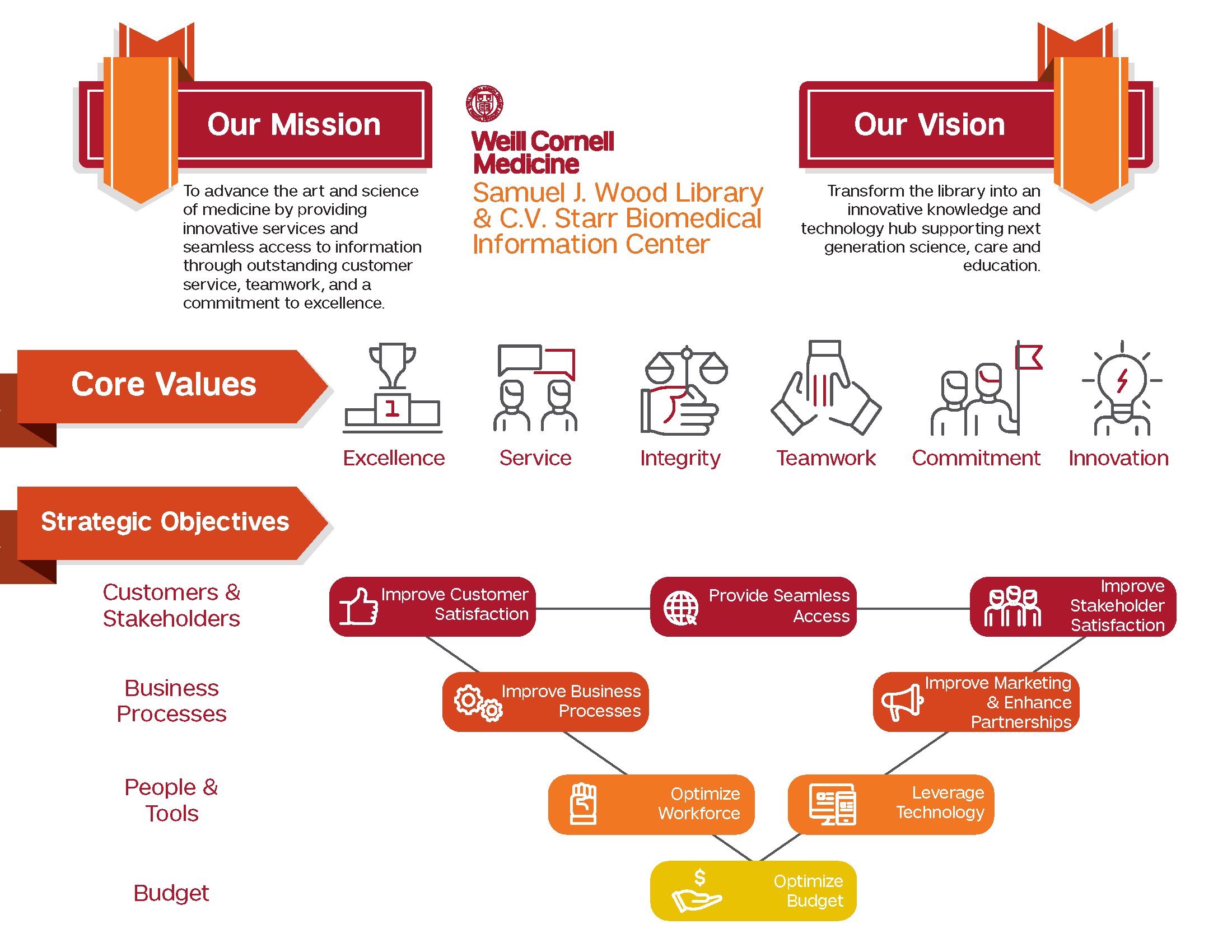Balanced Scorecard


From a young age we are taught the importance of washing our hands to stop the spread of germs. The notion of killing bacteria with hand sanitizer and hand washing has become a largely mainstream concept today - especially important during the COVID-19 pandemic - however, this was not always the case. Until the late 1800s, many medical professionals did not wash their hands before, during, or after seeing patients!
The Library will be closed on Monday, September 2nd in observance of Labor Day. Regular hours will resumeTuesday, 9/3/24.
Always wanted to avoid those expensive Open Access costs? Now you can! If you are an author (faculty, staff and student) affiliated with Weill Cornell Medicine, you are eligible for full coverage of APC and Authors ChoiceTM publication fee and all additional costs for articles published in full Open Access and hybrid journals (subscription journals with an Open Access option). Here’s what you need to do:
It is often said that “necessity is the mother of invention” and in times of crises, accommodations must be made in order to adapt to uncertain situations. In the aftermath of World War I, Weill Cornell Medicine offered an elective course in military medicine in an attempt to prepare its medical students to enter into the military.
To fulfill its mission, the Samuel J. Wood Library must maintain a safe and comfortable environment that is conducive to study and the effective use of information resources. Library users are expected to show consideration for other users and staff members.
The Collaboration Room is located on the main floor of the Library. It may be reserved for professional and educational activities by registered library users. Reservations should be made by completing the Library Collaboration Room Reservation Form. Priority is given to groups from the Medical College.
Equipment:
For weeks New Yorkers have seen images of their city spaces being converted into triage sites and field hospitals to help with the overflow of suspected COVID-19 cases. The Javits Center and Columbia University’s Baker Field Athletic Complex, typically sites of conventions or football games, have been taken over by field hospitals. Paved spaces, usually packed with vehicles or people, are now covered in triage tents to screen low-risk patients outside of emergency rooms.